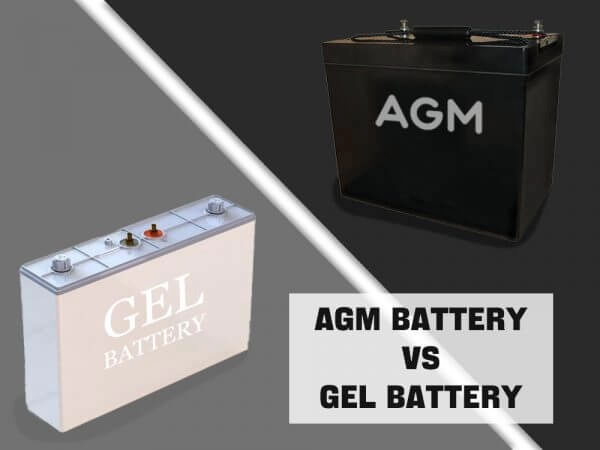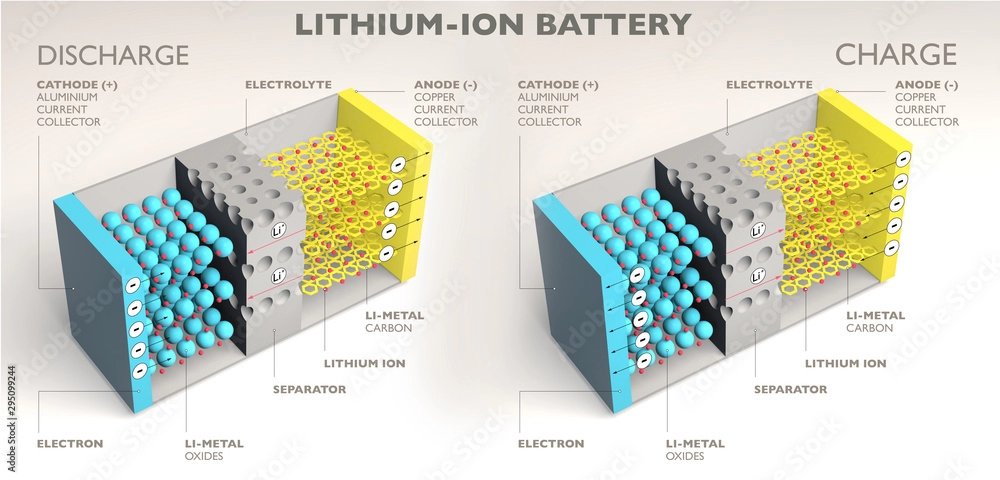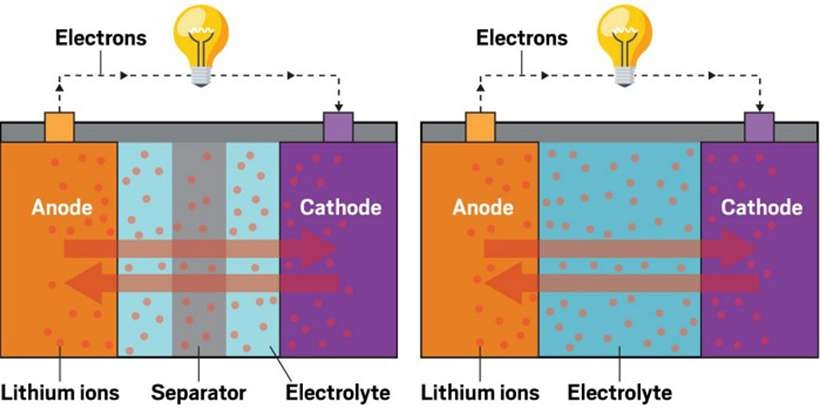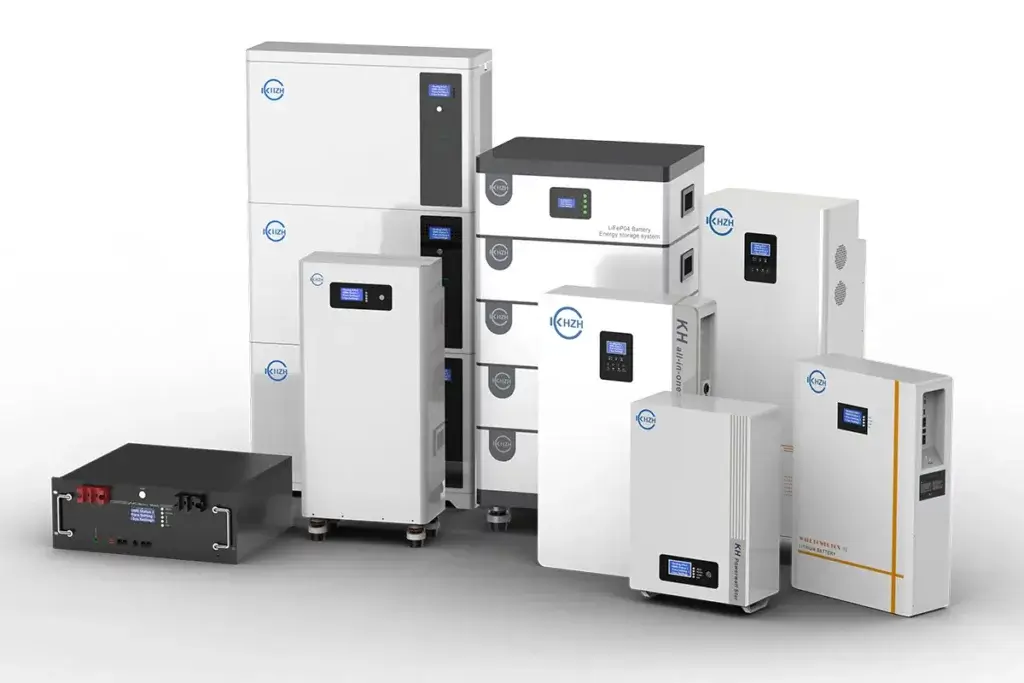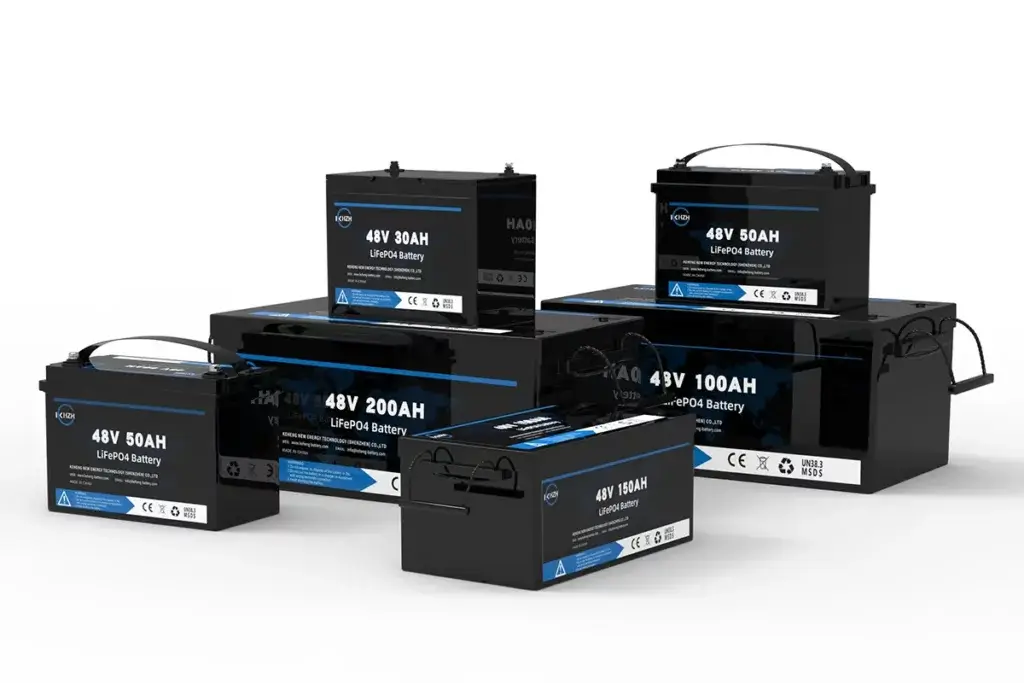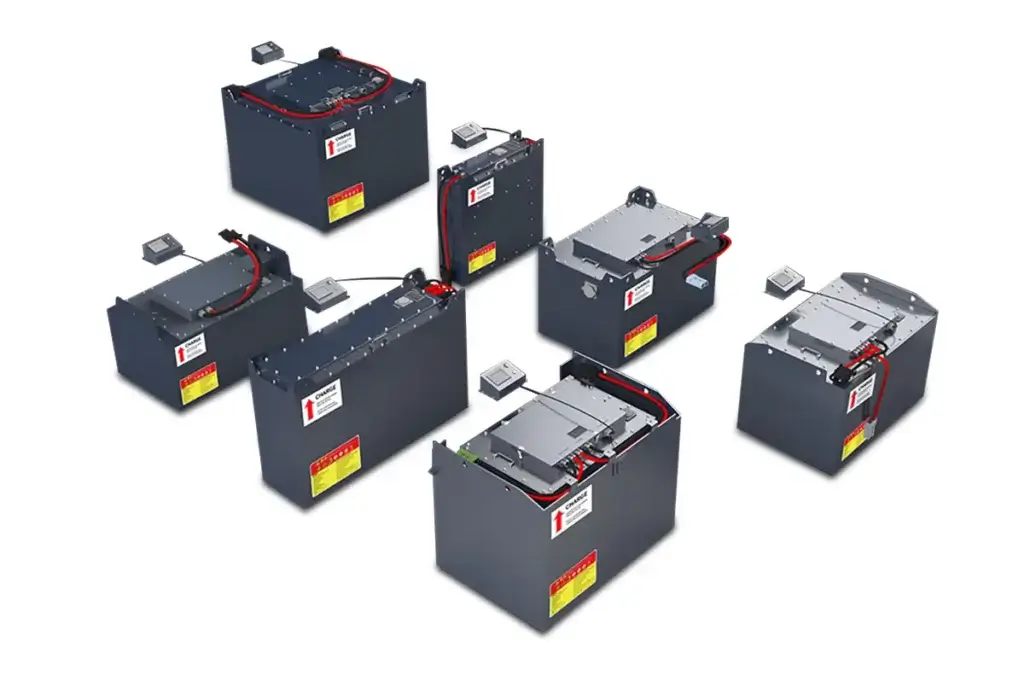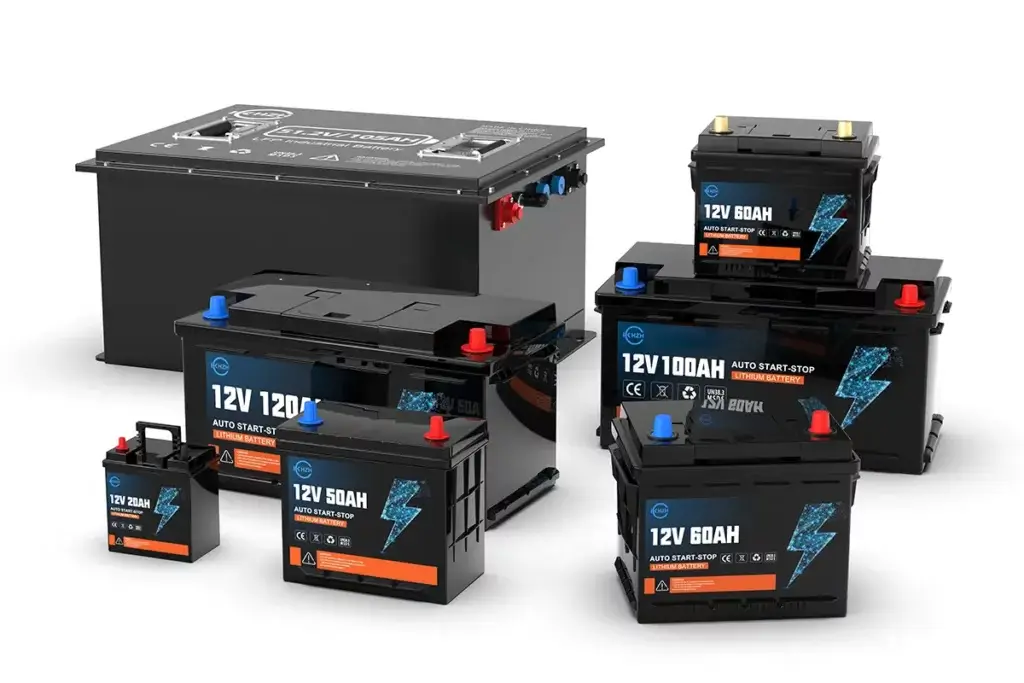Gel Cells vs. Lithium Batteries: A Comprehensive Guide
In this guide, we’ll explore the features, benefits, and considerations of gel batteries and lithium batteries to help you make an informed decision. Whether you’re a novice or a veteran, this comparison will help you find the best battery for your needs.
Part 1: What is a Gel Battery?
Gel batteries, often referred to as gel batteries, are rechargeable batteries that use a gel electrolyte instead of a liquid electrolyte. The gel electrolyte is a thick, jelly-like substance that holds the electrolyte in place and prevents leaks or spills.
Pros:
- Maintenance-free: Gel batteries are sealed and require no maintenance, whereas traditional lead-acid batteries require distilled water to be added frequently.
- Leak-proof: The gel electrolyte prevents leakage, making gel batteries safer and ideal for sensitive environments.
- Deep Cycle Capability: gel batteries are designed for deep discharge and charge cycling, making them ideal for applications that require frequent cycling, such as renewable energy systems.
Disadvantages:
- Sensitivity to overcharging: if not managed properly, gel batteries can be damaged by overcharging, resulting in reduced life and performance.
- Temperature sensitive: these batteries may not perform well in extremely hot or cold environments compared to other types of batteries.
- Higher initial cost: while the initial cost of gel batteries is higher than traditional lead-acid batteries, their maintenance-free nature makes them more cost-effective for long-term use.
Applications:
- Solar power systems: gel batteries are commonly used in off-grid solar power systems to provide reliable energy storage for residential and commercial applications.
- Recreational Vehicles (RVs): Gel batteries are favored by recreational vehicle owners for their deep cycle capability and maintenance-free operation to power lighting, appliances and electronics.
- Marine Applications: Due to their spill-proof design and vibration resistance, gel batteries are well suited for marine applications to power electronics, navigation systems and auxiliary equipment on boats and yachts.
Part 2: What is a lithium battery?
Lithium batteries are rechargeable batteries that utilize lithium ions to store and release electrical energy. Lithium batteries are becoming increasingly popular due to their high energy density and excellent performance.
Pros:
- High energy density: lithium batteries have a higher energy density than other rechargeable batteries, so they are able to store more energy in a smaller and lighter volume.
- Long life: Lithium batteries typically last longer than other types of batteries, making them ideal for long-term use in a variety of applications.
- Fast charging: Lithium batteries charge faster than many other rechargeable batteries, allowing for quick energy replenishment.
- Low self-discharge rate: Lithium batteries have a low self-discharge rate, which means they can hold their charge for long periods of time when not in use.
- Versatility: lithium batteries come in a variety of shapes and sizes, making them versatile and suitable for a wide range of applications, from small electronics to electric vehicles.
Disadvantages:
- Cost: lithium batteries have a high initial cost, but as technology has become more widespread and advanced, their price has come down.
- Safety concerns: while generally safe, lithium batteries can experience thermal runaway or overheating if damaged, mishandled, or exposed to extreme conditions. However, modern lithium batteries are equipped with safety features to minimize these risks.
Applications:
- Consumer electronics: Li-ion batteries are commonly used in portable electronic devices such as smartphones, laptops, tablets and cameras due to their high energy density and long-lasting performance.
- Electric Vehicles (EVs): Li-ion batteries power electric vehicles (EVs), providing efficient energy storage for cars, bicycles and other vehicles. For a detailed look at the performance of lithium batteries under different conditions, please see the performance analysis of lithium-ion power batteries.
KHZH provides a detailed analysis of battery types and applications, making it easier for you to choose a power solution that meets your needs.
Lithium Battery Applications
- Electric Vehicles (EV):
Lithium batteries are the core power source of electric vehicles, providing the necessary energy for the vehicle. Their high energy density and fast-charging capabilities make them the first choice for EV manufacturers seeking efficient and reliable power solutions. - Renewable Energy Storage:
Lithium batteries are increasingly used in renewable energy systems such as solar and wind. They can store excess energy generated during peak production periods for use during low production periods or at night, thus improving energy reliability and sustainability. - Aerospace:
Lithium batteries are lightweight and have high energy density, making them ideal for aerospace applications. They can be used in spacecraft, satellites and unmanned aerial vehicles (UAVs), where space, weight and efficiency are critical factors. - Medical devices:
Lithium batteries are commonly used in medical devices such as pacemakers, hearing aids and portable medical equipment. Their long cycle life, reliability and consistent performance make them a trusted power solution for the medical industry.
Comparison of Gel Batteries and Lithium Batteries
- Technology:
- Gel Battery:
Gel batteries are lead-acid batteries with an electrolyte suspended in a silica gel. - Lithium Battery:
Lithium batteries use lithium as the main material and have a higher energy density and longer life than traditional lead-acid batteries.
- Gel Battery:
- Energy density:
- Gel batteries:
Gel batteries typically have a lower energy density than lithium batteries, meaning they can store less energy per unit of volume or weight. - Lithium batteries:
Known for their high energy density, lithium batteries can store more energy in a smaller, lighter package, making them ideal for applications that require a compact power solution.
- Gel batteries:
- Lifetime:
- Gel Batteries:
Gel batteries tend to have a shorter lifespan, especially with frequent deep discharges. - Lithium batteries:
Lithium batteries have a longer lifespan and are better suited for long-term use in a wide range of applications, increasing in value over time.
- Gel Batteries:
- Maintenance:
- Gel batteries:
Gel batteries require no maintenance, no need to add water or check the electrolyte, and are very easy to use. - Lithium Batteries:
Lithium batteries also require minimal maintenance, but may need to be checked occasionally to ensure optimal performance and safety.
- Gel batteries:
- Rechargeable:
- Gel batteries:
Gel batteries may take longer to recharge, especially after deep discharge. - Lithium batteries:
Lithium batteries support rapid charging for faster recharge and reduced downtime.
- Gel batteries:
- Cost:
- Gel batteries:
Typically, gel batteries have a lower initial cost than lithium batteries, making them more affordable for some users. - Lithium batteries:
While lithium batteries have a higher upfront cost, they have a longer life and higher energy density, making them more valuable in the long term.
- Gel batteries:
- Safety:
- Gel batteries:
Gel batteries are considered safe to use with minimal risk of leakage or thermal runaway, making them a reliable choice for many applications. - Lithium batteries:
While lithium batteries have a higher energy density, they can pose a safety hazard if mishandled, overcharged, overheated, or physically damaged.
- Gel batteries:
Key considerations when choosing between gel and lithium batteries
- Energy Density:
Lithium batteries excel in energy density and are able to store more energy in a smaller, lighter volume. If high energy output is required with minimal weight and size, then lithium batteries are a better choice. - Weight and size constraints:
For applications where weight and size are critical, lithium batteries are often preferred. Lithium batteries have a higher energy density than bulkier gel batteries, resulting in a more compact and lighter form factor. - Cycle life:
Expected usage and the number of charge/discharge cycles are important when choosing a battery type. Lithium batteries typically have a longer life and are therefore ideal for applications that require frequent cycling.
Gel Batteries vs. Lithium Batteries: A Comprehensive Comparison
When choosing the right battery for your application, it’s critical to understand the differences between gel and lithium batteries. Below, we’ll compare these two battery types in terms of a few key factors to help you make an informed decision.
Performance
Lithium batteries are known for their high energy density and long lifespan, making them ideal for applications that require a steady supply of power for long periods of time. They maintain performance even under harsh conditions. Gel batteries, while often reliable, can degrade significantly in performance over time, especially after repeated deep cycling. If your application requires frequent cycling or long-term use, lithium batteries may be a better choice.
Charging Speed
Lithium batteries typically charge faster than gel batteries. If your application requires fast charging and the least amount of downtime possible, then lithium batteries are the way to go. Their advanced chemistry allows for fast charging without compromising safety and longevity.
Maintenance
Gel batteries are essentially maintenance free, meaning there is no need for regular electrolyte additions or special maintenance. Lithium batteries, however, while requiring less maintenance, may require regular monitoring and balancing to ensure optimal performance.
Environmental Factors
Gel batteries maintain good performance at a wide range of temperatures and are more tolerant of extreme conditions. They are particularly reliable in environments with large temperature fluctuations. On the other hand, lithium batteries, while highly efficient, may lose performance at extremely high or low temperatures, which can affect their overall efficiency and longevity.
Cost
The initial cost of gel batteries tends to be lower than lithium batteries, making them an attractive option for users on a tight budget. However, when total cost of ownership is considered, lithium batteries may be more cost-effective in the long run. Lithium batteries have a longer lifespan, higher energy density, and fewer maintenance requirements, making them more valuable over time.
Safety Considerations
Gel and lithium batteries are generally safe when handled properly. However, there is a slightly higher risk of thermal runaway or overheating in lithium batteries when damaged or exposed to extreme conditions. Care should always be taken to ensure proper operation and avoid any safety issues.
Frequently Asked Questions (FAQ)
Which is better, lithium or gel batteries?
The right battery for your needs depends on your specific application. Lithium batteries have higher energy density and longer life, but have a higher initial cost. Gel batteries have a lower upfront cost and are maintenance free, but have lower energy density and a shorter lifespan.
How many years will a gel battery last?
The lifespan of a gel battery depends on factors such as usage patterns, charging cycles, and maintenance. In general, a well-maintained gel battery can last from 3 to 8 years.
What are the fatal factors of gel batteries?
Damage and eventual failure of gel batteries can be caused by a variety of factors, including deep discharge, overcharging, exposure to extreme temperatures, physical damage, and sulfation due to prolonged undercharging.
What size inverter is required for a 200Ah lithium battery?
The size of inverter required for 200Ah LiPo batteries depends on the power requirements of the device you plan to use. To calculate the proper inverter size, estimate the total power of the devices you intend to run simultaneously and select an inverter with a continuous power rating slightly higher than the total power.
Related Tags:
- KHZH
- lithium battery specialist
The Ultimate Guide to Using Lithium Ion Starter Power
A lithium-ion starter power supply is an essential tool for dealing with sudden car breakdowns. In this guide, we’ll look at how to use it effectively, the safety things to look out for, how to take care of it, and why it’s a smart decision for every driver to buy.
What is a portable battery charger?
A portable battery charger is an essential piece of equipment designed to provide power to your electronic devices while on the move. This guide will go over its basic functions, the materials used, and how it works to ensure you’re always charged up wherever you are.
How to choose the best battery pack for your needs: capacity, performance and more
Choosing the right battery pack is critical to ensuring reliable and efficient performance. This guide will introduce you to key considerations such as capacity, safety features and other important factors to help you choose the best battery pack for your needs. You can also check out the EV Lithium Battery Maintenance Guide for tips on extending the life of your battery pack.
